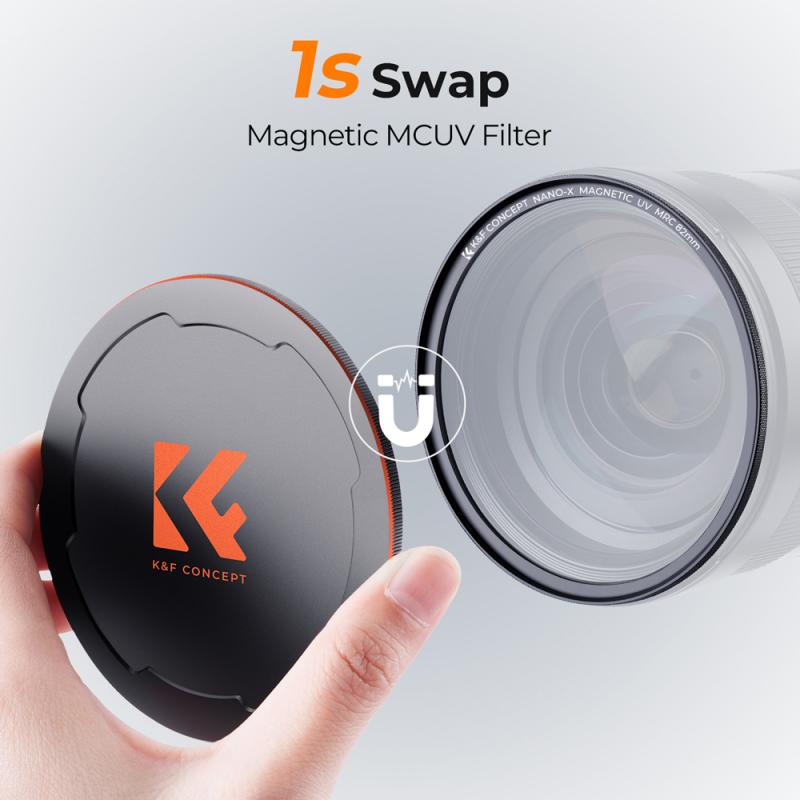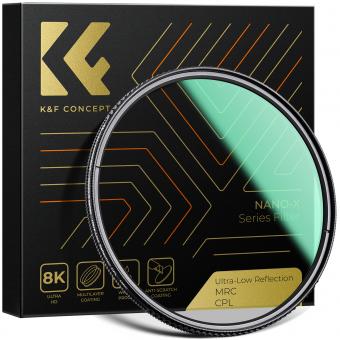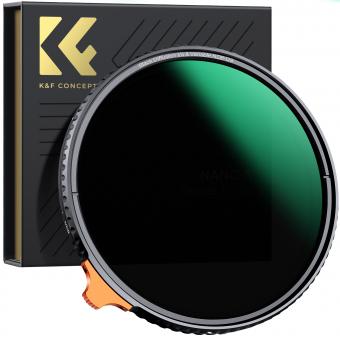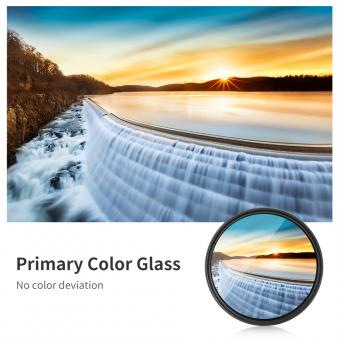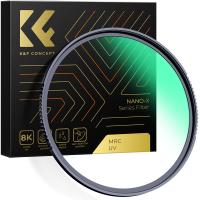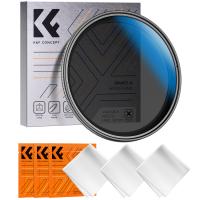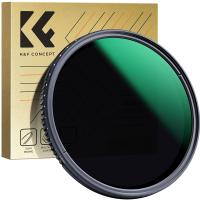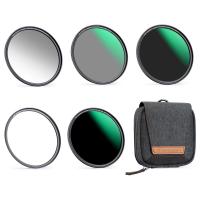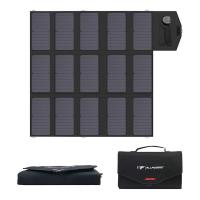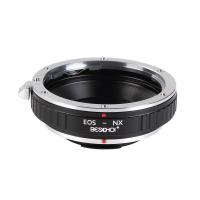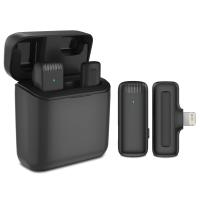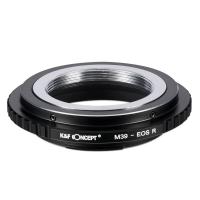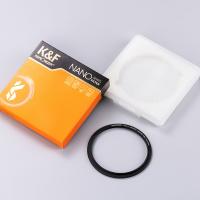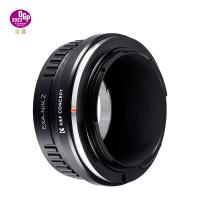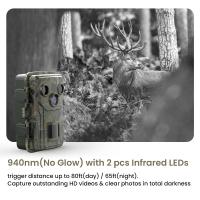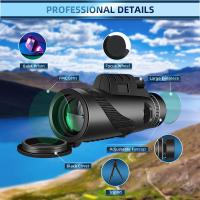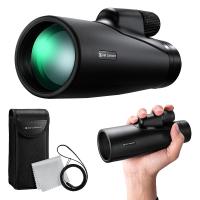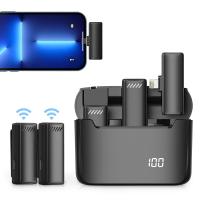Uv Water Filter What Does It Filter ?
A UV water filter uses ultraviolet light to disinfect water by killing or inactivating bacteria, viruses, and other microorganisms. It is effective in removing harmful pathogens from water, including E. coli, Giardia, and Cryptosporidium. However, it does not remove other contaminants such as heavy metals, chemicals, or sediment. UV water filters are commonly used in combination with other filtration methods to provide comprehensive water treatment.
1、 Bacteria and Viruses
A UV water filter is designed to eliminate harmful bacteria and viruses from water. The ultraviolet (UV) light used in these filters is effective in destroying the DNA of microorganisms, rendering them unable to reproduce and causing them to become inactive. This process ensures that the water is safe for consumption and reduces the risk of waterborne illnesses.
Bacteria and viruses are two of the most common types of microorganisms found in water sources. Bacteria are single-celled organisms that can cause various diseases such as cholera, typhoid fever, and dysentery. Viruses, on the other hand, are even smaller than bacteria and can cause illnesses like hepatitis A, norovirus, and rotavirus. These microorganisms can enter water sources through various means, including sewage contamination, animal waste, and human activities.
UV water filters are highly effective in eliminating bacteria and viruses from water. The UV light emitted by the filter damages the genetic material of these microorganisms, preventing them from reproducing and causing harm. It is important to note that UV filters do not remove other contaminants such as chemicals, heavy metals, or sediment. Therefore, it is recommended to use UV filters in conjunction with other filtration methods to ensure comprehensive water purification.
In recent years, there has been growing concern about emerging pathogens and antibiotic-resistant bacteria in water sources. While UV filters have proven to be effective against many types of bacteria and viruses, it is essential to stay informed about the latest research and advancements in water filtration technology. Regular maintenance and monitoring of UV filters are also crucial to ensure their optimal performance and to guarantee the safety of the filtered water.
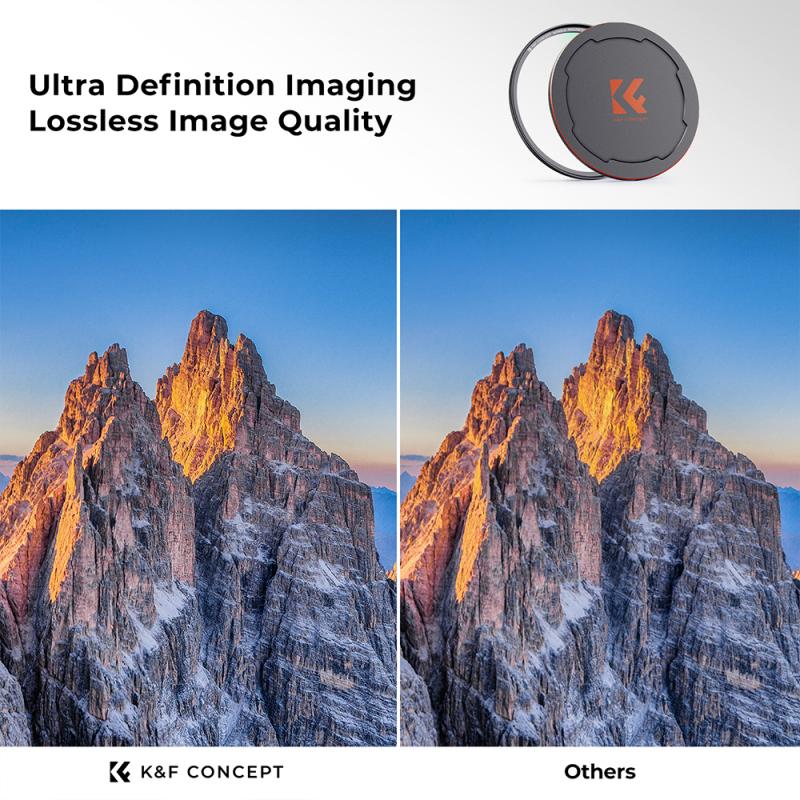
2、 Protozoa and Cysts
A UV water filter is designed to eliminate harmful microorganisms from water, including protozoa and cysts. Protozoa are single-celled organisms that can cause various diseases when ingested, such as giardiasis and cryptosporidiosis. Cysts, on the other hand, are the dormant stage of certain parasites, including protozoa, and can also lead to waterborne illnesses.
UV water filters use ultraviolet light to disinfect water by inactivating the DNA of microorganisms, preventing them from reproducing and causing harm. The UV light damages the genetic material of the microorganisms, rendering them unable to infect humans or animals.
UV water filters are highly effective in eliminating protozoa and cysts from water sources. However, it is important to note that UV filters do not remove other contaminants such as chemicals, heavy metals, or sediment. Therefore, it is recommended to use UV filters in conjunction with other filtration methods, such as activated carbon filters or reverse osmosis systems, to ensure comprehensive water purification.
It is worth mentioning that the latest point of view regarding UV water filters is that they are a reliable and efficient method for disinfecting water. They are widely used in both residential and commercial settings, including homes, hospitals, and water treatment plants. UV filtration is considered a safe and environmentally friendly alternative to chemical disinfection methods, as it does not introduce any additional chemicals into the water.
In conclusion, a UV water filter is specifically designed to filter out protozoa and cysts from water sources. It is an effective method for disinfecting water and preventing waterborne illnesses caused by these microorganisms. However, it is important to use UV filters in combination with other filtration methods to ensure comprehensive water purification.
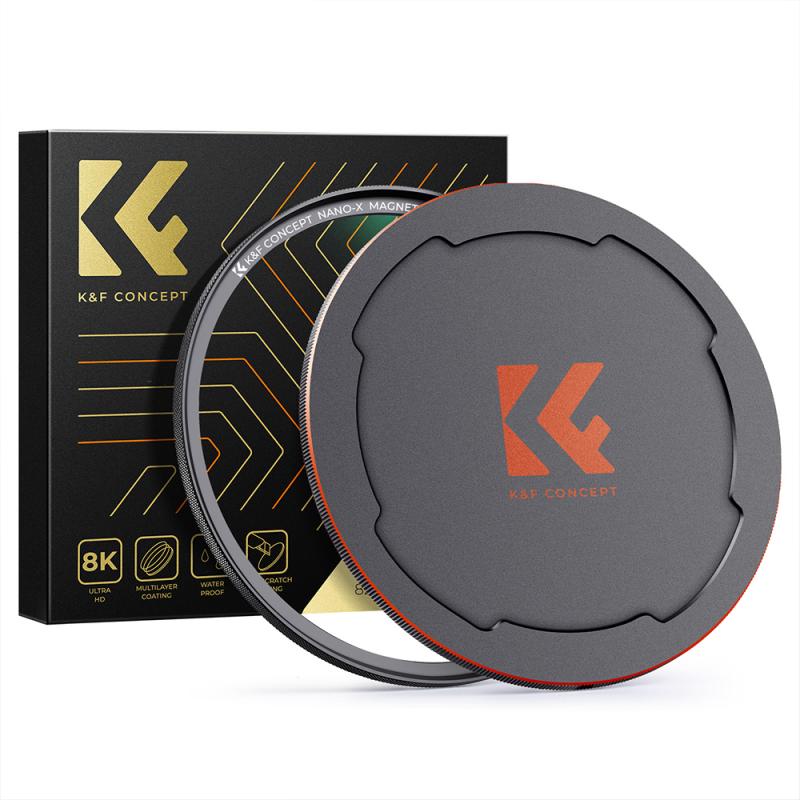
3、 Sediments and Particles
A UV water filter is designed to eliminate harmful microorganisms from water by using ultraviolet light. However, it is important to note that UV water filters do not filter sediments and particles. Sediments and particles in water can include dirt, sand, rust, and other debris that may be present in the water source. These sediments and particles can affect the taste, odor, and appearance of the water, and may also clog plumbing fixtures and appliances.
To effectively remove sediments and particles from water, a pre-filter or sediment filter is typically used in conjunction with a UV water filter. The pre-filter helps to remove larger particles and sediments, allowing the UV water filter to focus on eliminating microorganisms.
The primary function of a UV water filter is to disinfect water by deactivating or destroying harmful bacteria, viruses, and other pathogens. The UV light emitted by the filter damages the DNA of these microorganisms, rendering them unable to reproduce and cause illness. This makes UV water filters an effective method for ensuring the safety and purity of drinking water.
It is worth mentioning that while UV water filters are highly effective against microorganisms, they do not remove other contaminants such as chemicals, heavy metals, or dissolved solids. Therefore, if your water source contains these contaminants, additional filtration methods may be necessary.
In conclusion, a UV water filter is specifically designed to eliminate harmful microorganisms from water, but it does not filter sediments and particles. To ensure the best water quality, it is recommended to use a pre-filter or sediment filter in conjunction with a UV water filter to remove sediments and particles before the water is exposed to UV light.
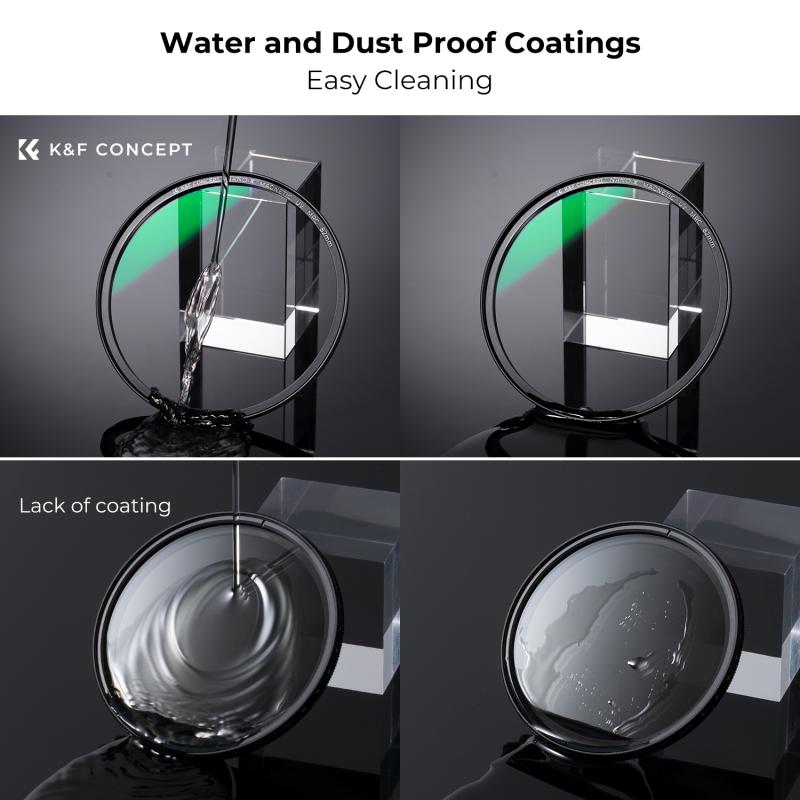
4、 Chemicals and Contaminants
A UV water filter is designed to filter out various chemicals and contaminants from water. UV stands for ultraviolet, which refers to the type of light used in the filtration process. UV light has the ability to kill or inactivate microorganisms such as bacteria, viruses, and parasites that may be present in water.
When it comes to chemicals, a UV water filter is effective in removing certain organic compounds, including pesticides, herbicides, and pharmaceutical residues. However, it is important to note that UV filtration alone may not be sufficient to remove all types of chemicals from water. Some chemicals, such as heavy metals and certain volatile organic compounds (VOCs), may not be affected by UV light and may require additional filtration methods.
Contaminants that can be effectively filtered by a UV water filter include bacteria, viruses, and protozoa. These microorganisms can cause various waterborne illnesses, such as diarrhea, cholera, and hepatitis. By using UV light, the filter destroys the genetic material of these microorganisms, rendering them unable to reproduce and cause harm.
It is worth mentioning that UV water filters do not remove sediment, dirt, or other physical particles from water. Therefore, it is recommended to use a pre-filter or a combination of filtration methods to ensure the best water quality.
In recent years, there has been growing concern about emerging contaminants, such as pharmaceuticals and personal care products, in water sources. While UV filtration can help in reducing the presence of some of these contaminants, it may not be able to eliminate them completely. Therefore, it is advisable to consider a comprehensive water treatment system that combines UV filtration with other methods, such as activated carbon filtration or reverse osmosis, to address a wider range of contaminants.
Overall, a UV water filter is an effective tool for removing microorganisms and certain organic compounds from water. However, it is important to understand its limitations and consider additional filtration methods for a more comprehensive water treatment solution.
